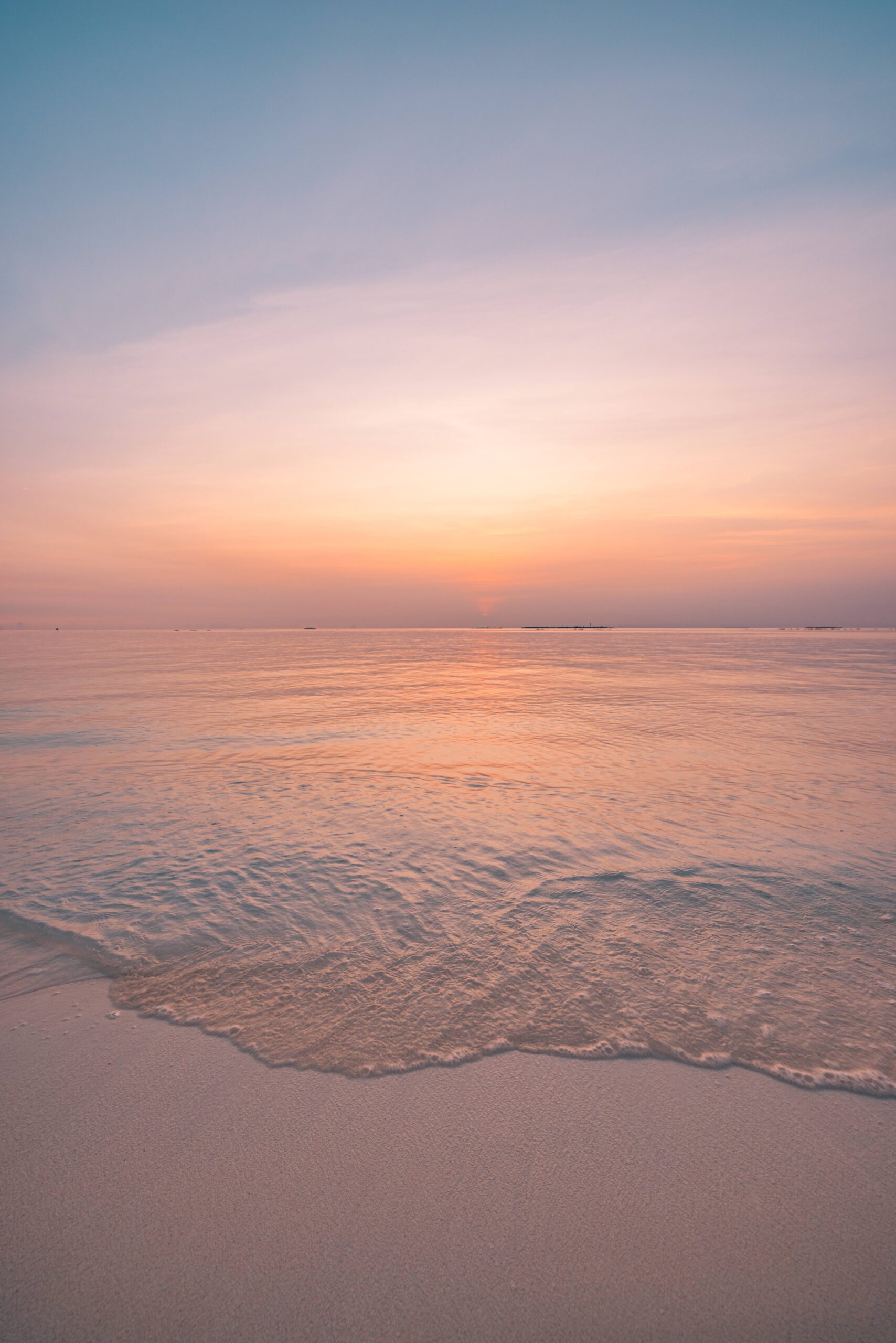“Is Bali safe for travellers?” This is one of the most common and understandable questions people ask when planning a trip to the beautiful Island of Gods. We’re happy to start by saying that yes, generally, Bali is considered a very safe destination for tourists, welcoming millions of visitors each year who have wonderful and trouble-free experiences. The Balinese people are known for their warmth and hospitality.
However, just like anywhere else in the world – whether at home or abroad – being aware of your surroundings and taking sensible, common-sense precautions is always the key to ensuring a smooth and worry-free holiday. Think of this not as a list of dangers, but as helpful advice from us, your friends at Merusaka Nusa Dua , designed to give you peace of mind so you can focus on soaking up Bali’s magic.
Let’s walk through some essential safety aspects together.
-

-
Create unforgettable moments with a romantic Bali honeymoon itinerary.
-

-

-
A well-planned 4-day Bali itinerary allows you to experience the island’s diverse beauty.
General Safety & Awareness: Staying Comfortable
Bali enjoys a generally peaceful atmosphere, especially within well-established tourist areas like Nusa Dua, known for its secure and well-managed environment. However, being mindful is always wise.
- Petty Theft Awareness: Like most popular tourist destinations worldwide, petty crimes such as pickpocketing, bag snatching, or phone theft can occasionally occur. This risk is higher in very crowded areas like markets (e.g., Kuta art market), busy nightlife streets, or sometimes even on beaches if belongings are left unattended.
- Helpful Tips: Stay aware of your surroundings, especially in crowds. Avoid flashing large amounts of cash or expensive jewelry unnecessarily. Keep your bag closed and secure, perhaps worn across your body. Use the safe provided in your hotel room for passports, extra cash, and other valuables. Don’t leave valuables unattended on the beach while swimming.
- Accommodation Security: Choosing reputable accommodation in well-regarded areas significantly enhances your overall sense of security. Always remember to lock your room door and any balcony doors when you leave and when you are sleeping.
- Solo Travellers: Bali is widely regarded as a safe destination for solo travellers, including women. The friendly culture makes it relatively easy to navigate. However, standard solo travel precautions apply: be aware of your surroundings, avoid walking alone late at night in poorly lit or isolated areas, let someone know your general plans if heading off the beaten track, and trust your instincts.
Common Scams & How to Avoid Them
While most interactions in Bali are genuine and friendly, being aware of a few common scams targeted at tourists can prevent unnecessary hassle:
- Money Changer Tactics: This is perhaps the most frequently reported issue. While many money changers are honest, some employ tricks like confusingly fast counting (“quick hands”), using rigged calculators, or offering incredibly high rates initially only to short-change you significantly during the transaction.
- Helpful Tips: Only use authorized money changers. Look for reputable ones with proper signage (often stating “PVA Berizin” – licensed), clear counters (often bank-like), and ideally located in established shops or areas, not hidden down small alleys. Avoid changing money in small shops that also sell other goods and offer unusually high rates. Always re-count your Rupiah carefully before leaving the counter. Alternatively, withdrawing cash from ATMs located within bank premises is generally a secure option (inform your bank before travelling!).
- Taxi & Transport Issues: While most drivers are honest, some unofficial transport providers might try to overcharge, especially from the airport or late at night, by not using a meter or quoting inflated fixed prices.
- Helpful Tips: Stick to official Bluebird Group taxis (light blue cars with a bird logo, known for reliably using the meter – always confirm “meter, please” before starting). Alternatively, use ride-hailing apps like Gojek or Grab, which provide upfront price estimates and driver tracking for accountability. If using a non-metered local driver or ojek, always agree firmly on the price before starting your journey.
- Inflated Prices: Bargaining is expected in traditional markets, but be aware that initial prices quoted to tourists in some shops or for certain services (like tours or rentals booked informally) can sometimes be highly inflated. Having a rough idea of fair prices (perhaps by checking app estimates or asking at your hotel) can help you negotiate reasonably or choose vendors offering transparent pricing.
- Timeshare/Scratch-Card ‘Prizes’: You might occasionally be approached (often in busy tourist streets) by someone claiming you’ve won a prize (often on a scratch card) which requires you to attend a presentation at a resort or office to claim it. These are typically high-pressure sales pitches for timeshares or holiday clubs. It’s usually best to politely but firmly decline these offers to avoid wasting your valuable holiday time.
Health & Well-being Precautions
Staying healthy ensures you can fully enjoy your Bali holiday.
- Preventing “Bali Belly”: Traveler’s diarrhea is a common ailment anywhere food and water hygiene standards differ from home. Key prevention tips include: drinking only bottled or purified water, being cautious with ice in less reputable places, eating freshly cooked hot food, washing hands frequently, and peeling fruit yourself. Ease into spicy or rich local foods gradually. If symptoms are severe or persist, seek medical advice (pharmacies are common, clinics and hospitals are available).
- Mosquito Protection: Dengue fever, transmitted by mosquitoes active primarily during daylight hours (especially dawn and dusk), exists in Bali. There’s no vaccine, so prevention is key. Consistently use an effective insect repellent containing DEET, Picaridin, or IR3535. Consider wearing loose-fitting, light-colored clothing covering arms and legs during peak mosquito times.
- Sun Safety: The tropical sun in Bali is strong year-round, even on cloudy days. Protect yourself by using high-SPF sunscreen (reapply often, especially after swimming), wearing a hat and sunglasses, and staying well-hydrated by drinking plenty of water.
- Alcohol Awareness: Be cautious about consuming locally produced spirits (arak) from unknown or unofficial sources, as there have been rare but serious incidents involving methanol poisoning. Stick to commercially bottled and sealed alcoholic beverages from reputable shops, bars, and restaurants where duty-paid stickers are visible. As always, drink responsibly.
- Travel Insurance is Crucial: We cannot stress this enough – ensure you have comprehensive travel insurance that covers medical emergencies, including evacuation if necessary. It provides essential peace of mind.
Road Safety Essentials
Navigating Bali’s roads requires awareness and caution.
- Traffic Awareness: Traffic flow in Bali can seem chaotic compared to many Western countries. Lanes may not always be strictly adhered to, and motorbikes often weave through traffic. Be constantly vigilant, whether you are walking, riding, or driving.
- Scooter/Motorbike Rental: Renting a scooter offers freedom but comes with significant risks if you’re inexperienced.
- Only rent if you are an experienced rider comfortable in potentially unpredictable traffic.
- You must have a valid International Driving Permit (IDP) appropriate for motorcycles, alongside your home country’s license. Indonesian police conduct checks, and lacking proper documentation can lead to fines (and invalidate your travel insurance).
- Always wear a helmet. Ensure the rental includes a properly fitting helmet (or buy your own inexpensive one).
- Check the bike’s condition (brakes, tires, lights) before renting.
- Be aware that standard travel insurance may not cover scooter accidents unless you have the correct license and potentially specific add-on coverage. Check your policy!
- Walking Safety: Be cautious when walking, especially on roadsides lacking proper sidewalks. Look carefully in all directions before crossing streets, as traffic flow can be unpredictable.
- Seatbelts: Always use seatbelts when travelling in cars or taxis.
Natural Environment Awareness
Bali is naturally beautiful but also sits in a seismically active region.
- Ocean Safety: Pay attention to beach flags indicating swimming conditions (red flags mean dangerous conditions/no swimming). Be aware of potential rips or strong currents, especially at surf beaches on the south and west coasts. Avoid swimming alone, far from shore, or under the influence of alcohol.
- Volcanoes & Earthquakes: Bali is part of the “Ring of Fire.” While major volcanic eruptions (like Mount Agung’s in the past) or significant earthquakes affecting tourist areas are infrequent, they are possibilities. Indonesian authorities actively monitor seismic and volcanic activity. In the unlikely event of an alert or tremor, stay calm and follow instructions from hotel staff and local authorities. Familiarize yourself with your hotel’s emergency procedures.
Emergency Information
Being prepared is always helpful:
- Key Numbers: Save these local emergency numbers in your phone:
- Police: 110
- Ambulance: 118 or 119
- Search and Rescue (BASARNAS): 115
- Embassy/Consulate: Know the contact details and location of your country’s embassy or consulate in Indonesia (usually in Jakarta, some countries have consulates in Bali).
- Hotel Assistance: Don’t hesitate to contact the front desk or concierge at Merusaka if you need assistance or advice in any situation. Our team is here to help ensure your safety and well-being.
Conclusion: Enjoy Bali with Peace of Mind
So, is Bali safe? Overwhelmingly, yes. It’s a welcoming island paradise enjoyed safely by millions of visitors every year. By exercising the same common sense and awareness you would in any popular travel destination, and by being mindful of the specific local context we’ve discussed, you can significantly minimize potential risks.
Staying safe in Bali primarily involves being aware of your surroundings, taking sensible precautions against petty theft and common scams, looking after your health, being cautious on the roads, and respecting the natural environment.
Don’t let safety concerns cause undue anxiety. Instead, use this knowledge to feel prepared and empowered. This allows you to relax more fully and immerse yourself in the incredible beauty, culture, and warmth that make Bali such a special destination. The secure and well-managed environment of Nusa Dua, where Merusaka is located, further adds to that sense of comfort and peace of mind during your stay.
We wish you a wonderfully safe, happy, and memorable holiday in Bali!






